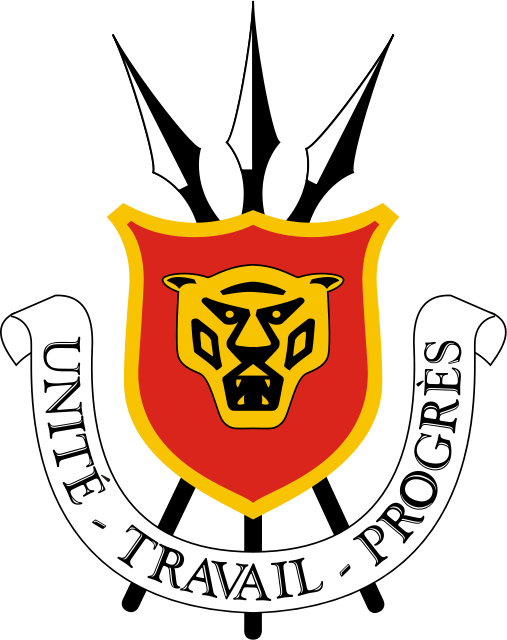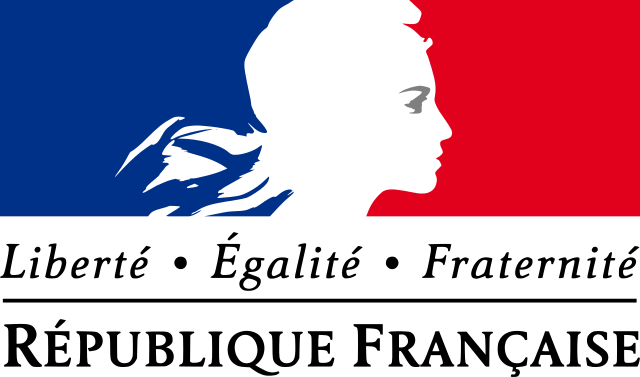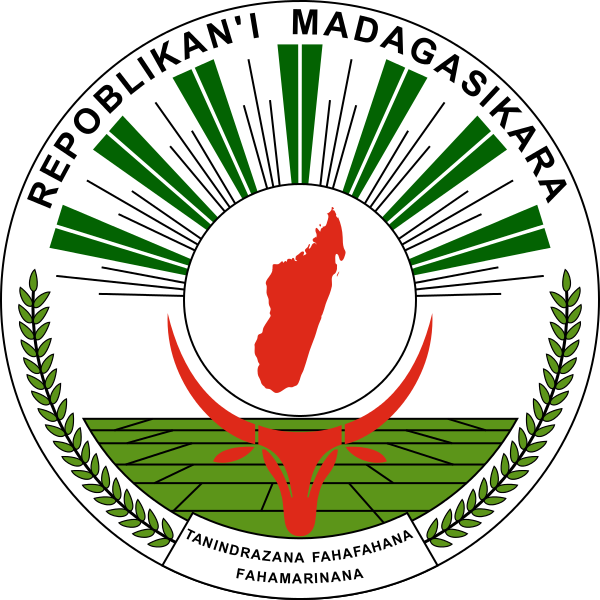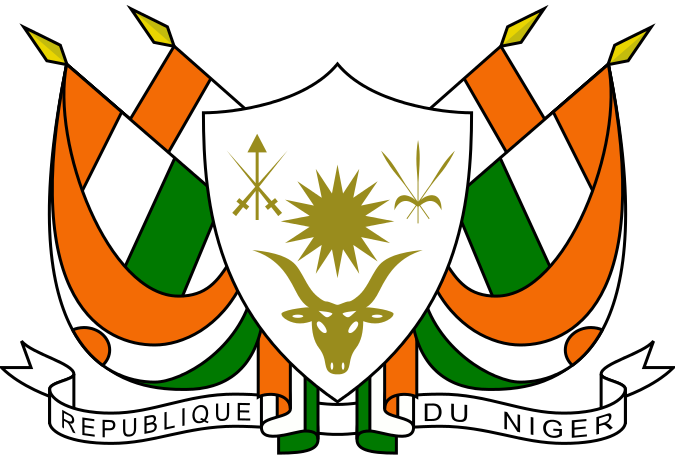Burundi's first democratically elected president was assassinated in October 1993 after only 100 days in office, triggering widespread ethnic violence between Hutu and Tutsi factions. More than 200,000 Burundians perished during the conflict that spanned almost a dozen years. Hundreds of thousands of Burundians were internally displaced or became refugees in neighboring countries.
Local, provincial or national governmental institutions.
France today is one of the most modern countries in the world and is a leader among European nations. It plays an influential global role as a permanent member of the United Nations Security Council, NATO, the G-8, the G-20, the EU, and other multilateral organizations. France rejoined NATO's integrated military command structure in 2009, reversing DE GAULLE's 1966 decision to withdraw French forces from NATO. Since 1958, it has constructed a hybrid presidential-parliamentary governing system resistant to the instabilities experienced in earlier, more purely parliamentary administrations.
Madagascar was one of the last major landmasses on earth to be colonized by humans. The earliest settlers from present-day Indonesia arrived between A.D. 350 and 550. The island attracted Arab and Persian traders as early as the 7th century, and migrants from Africa arrived around A.D. 1000. Madagascar was a pirate stronghold during the late 17th and early 18th centuries, and served as a slave trading center into the 19th century. From the 16th to the late 19th century, a native Merina Kingdom dominated much of Madagascar.
The Sudanese Republic and Senegal became independent of France in 1960 as the Mali Federation. When Senegal withdrew after only a few months, what formerly made up the Sudanese Republic was renamed Mali. Rule by dictatorship was brought to a close in 1991 by a military coup that ushered in a period of democratic rule. President Alpha KONARE won Mali's first two democratic presidential elections in 1992 and 1997.
Conformément au décret n°2011-077/PRN/MEL du 25 mai 2011, déterminant les attributions du Ministre de l’Elevage, le Ministre est chargé, en relation avec les ministres concernés, de l’élaboration, de la mise en œuvre et du suivi de la politique nationale en matière de développement de l’élevage, conformément aux orientations définies par la Stratégie du Développement Rural (SDR) et les autres politiques du sous secteur. A ce titre, il exerce les attributions suivantes :
1. la conception et la mise en œuvre des politiques en matière de l’élevage ;






